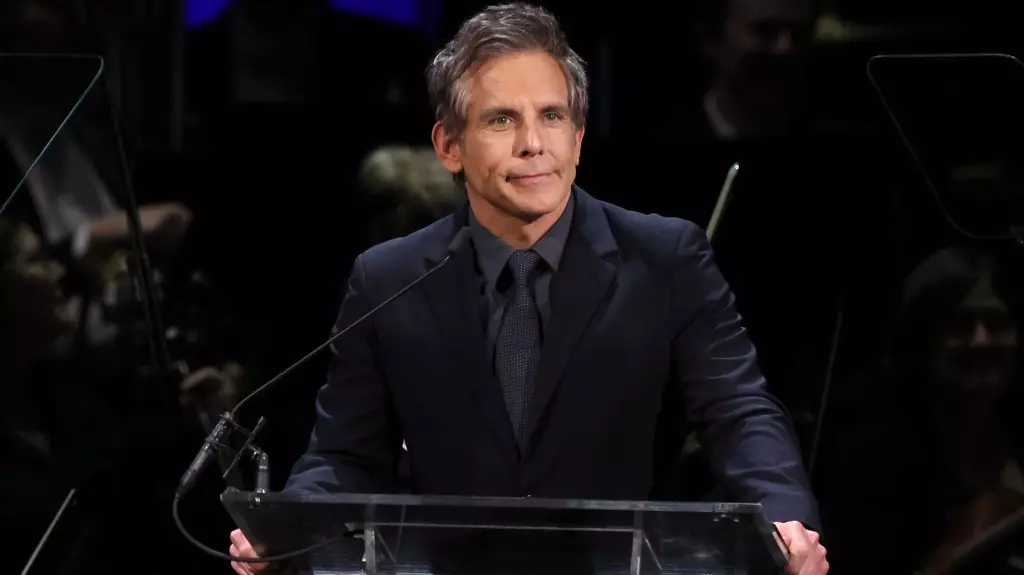In a recent interview with the New York Times, Ben Stiller provided keen insights into the complex relationship between creative professionals and the power structures that govern Hollywood. Drawing parallels between his acclaimed series *Severance* and the challenges faced by artists in the entertainment industry, Stiller articulated a growing disillusionment that resonates throughout Hollywood. His observations raise important questions about the disconnection between decision-makers and the creatives whose work fuels the industry.
Stiller’s comments highlight a troubling reality: creativity often exists at the mercy of unseen forces shaping its trajectory. This sentiment resonates deeply in an industry notorious for its opaque decision-making processes. Stiller noted that decisions are frequently made by individuals whose influence remains hidden from writers and directors, leaving them powerless in their pursuit of artistic integrity. In his analogy, the characters in *Severance*—who have partitioned their identities into work and personal lives through a surgical procedure—serve as symbolic representations of the broader sense of alienation that many creatives experience.
The current landscape of Hollywood is particularly precarious, exacerbated by various crises including labor strikes and the lingering impacts of the COVID-19 pandemic. Stiller pointed out that as the costs of production escalate, there is a sense of urgency among decision-makers to play it safe. This protective instinct often manifests as a constriction of creative possibilities and a heightened reluctance to greenlight innovative projects. “It’s more expensive to make things,” he observed, illustrating how financial concerns can stifle creativity.
Moreover, Stiller’s assertion that “yes” often signals ambivalence rather than enthusiasm underscores the pervasive climate of uncertainty in Hollywood. The traditional power structures leave creatives with little recourse to push back against decisions that can directly impact their work. When decisions are cloaked in vagueness, innovation becomes a casualty as stakeholders prioritize the status quo.
*Severance*, created by Dan Erickson, tackles these themes head-on, blending dark humor with biting social commentary that resonates with audiences both inside and outside the industry. The show’s exploration of the absurdity of corporate life reflects broader anxieties over autonomy and expression. This second season promises to deepen that exploration with a stellar cast that includes Gwendoline Christie and Merritt Wever, who will undoubtedly contribute to the thematic richness of the narrative.
As *Severance* prepares to debut its second season on January 17, viewers can look forward to more than just a compelling storyline. They will engage with a thoughtful critique of the industry itself—a reminder of the importance of transparency and artistic agency amidst a landscape fraught with bureaucratic challenges. Stiller’s insights provide an important context for understanding why stories like *Severance* are not merely entertainment; they are essential conversations about the creative process and the often-invisible forces that govern it.
Stiller’s reflections serve as a valuable marker of where Hollywood stands today, encouraging both industry insiders and audiences to reassess the value of genuine creativity in a world determined by decisions made behind closed doors.
